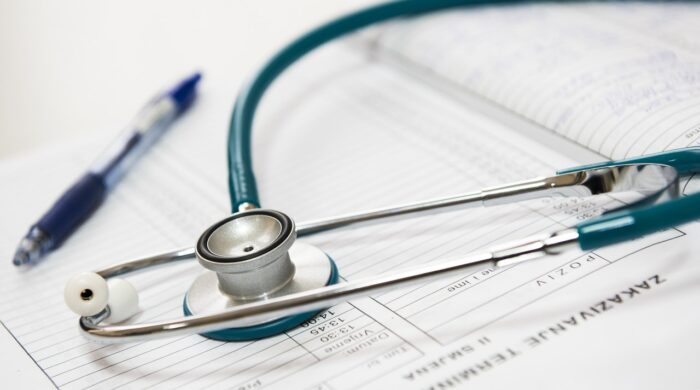In today’s world, it’s more important than ever to stay on top of our health. One of the most important ways we can do so, starting in our 20s, is to be periodically screened for different types of cancer. Early detection can be key to eliminating cancer, or slowing its growth.
In this post, we’ll examine who should get screened (and when); how often screenings are necessary; the main types of cancers to get screened for and the tests available. We’ll also offer information about the Western Washington Medical Group Imaging Center, where you can schedule an appointment for diagnosis.
Should you get screened?
The short answer is yes—everyone should be screened for cancer at some point in their lives, especially if there is a history of cancer in your family.
Because there are multiple factors that can contribute to someone getting cancer, and certain people are at a higher risk than others to develop specific types of cancer, it does take a little bit of planning to ensure you’re scheduling the appropriate tests at the necessary times in your life to get them.
When and how often to get screened for different cancers
Your family history will be your best guide to determine the appropriate timeline for when to get screened. In addition, there are basic recommendations for certain age groups for the following types of cancers:
Men & Women Age 20 – 39:
- Women: HPV test starting at age 21, then every 5 years.
- Women: pap smear starting at age 25, then every 3 years.
- Men in the high risk category for colon cancer need to get screened. Men in the low risk category do not need to be screened at this age.
- Men and women at a high risk for skin cancer should begin yearly tests to screen for any abnormalities and continue this as often as recommended by their dermatologist.
Men & Women Age 45 – 49:
- Men and women in the average risk group for colon cancer should get a colonoscopy screening, then every 5 years.
- Men in the high risk group for prostate cancer should get tested.
- Women: starting at age 45, mammograms to screen for breast cancer, then re-screen yearly.
Men & Women Age 50 – 64:
- Men who are at an average risk for prostate cancer should begin regular screenings at age 55.
- Men and women at a high risk for lung cancer should begin low-dose screenings, after discussing smoking habits and other contributing factors with their doctor.
- Women: after age 55 can reduce mammograms to every two years, unless they are at high risk.
Men & Women Age 65 and Older:
- Men and women: continue screening for colon cancer until age 75, then discuss with health care provider if additional screenings are necessary.
- Men: continued testing for prostate and lung cancer should be determined by your healthcare provider.
- Women who have had normal results on cervical cancer testing for 10 consecutive years can discontinue regular testing.
- Women at a high risk for lung or breast cancer should continue those screenings as well, per their healthcare provider’s recommendations.
What are the main types of cancer to get screened for?
The most common types of cancer to get screened for are breast, colon, lung, skin, cervical and prostate. However, family history may motivate those who are high risk to also screen for pancreatic, ovarian, testicular, thyroid, oral or bladder cancer.
What types of screening tests are available?
- For breast cancer, the screening provider will use a procedure called a mammogram.
- For lung cancer, there are low-dose screenings available, which include a computed tomography scan.
- For skin cancer, a visual exam is conducted with follow-up biopsies if any abnormalities are found.
- For cervical cancer, your provider will perform a pap smear.
- For colon cancer, a colonoscopy is administered.
- For prostate cancer, a prostate-specific antigen blood test is conducted.
- For pancreatic cancer, ultrasounds, MRIs and CT scans are most commonly used.
- For ovarian cancer, a transvaginal ultrasound and/or a CA-125 blood test may be administered.
Schedule a Cancer Screening
If you or someone in your family wishes to be screened for cancer, please contact our Western Washington Medical Group Imaging Center. The highly skilled technologists there use state-of-the-art equipment to offer the best diagnostic tests available. In fact, our MRI is one of the quietest scanning experiences on the market to provide a more comfortable overall experience.
Screening mammograms can be scheduled with the mobile Mammogram Van, which has appointments available at our primary care locations.
If you have more general healthcare inquiries, request an appointment with our primary care team. We look forward to supporting you in your care.
